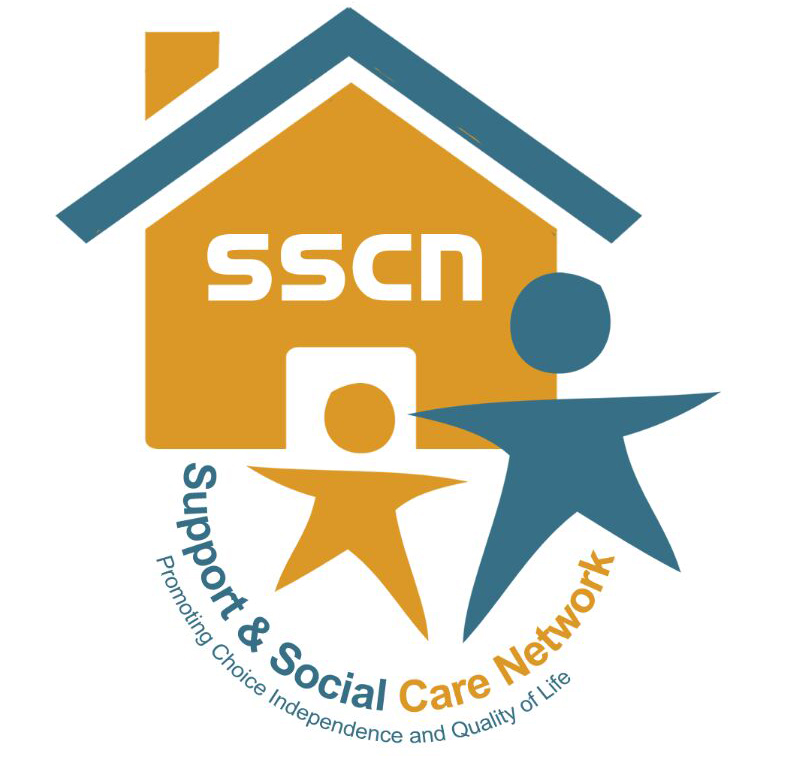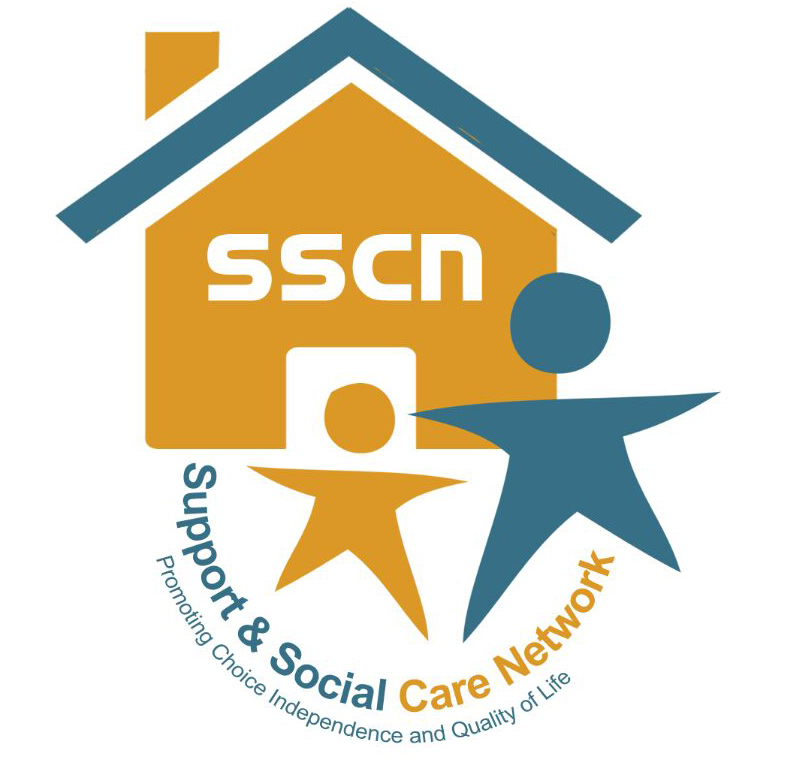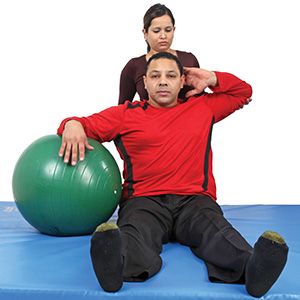An acquired brain injury can have a life changing impact on the individual with the injury, their family and their wider social network. At SSCN Health Care we perceive the intended meaning that managing the fortuitous effects of the unexpected damage to the brain is internally and practically troubling for everyone concerned. Our care assistants proffer high quality domicilliary care services to brace carers and their loved ones as they adjust to these changes. Each individual’s experience will vary. We carefully pay attention to what you prefer and make a bespoke care and support plan to assist you on achieving your aims. Your care assistants can make possible with:
- Support to relearn basic life expertise such as walking, talking and recognition
- Personal care to keep you searching and feeling your best and to keep away from damage to your cerium.
- Assistance with making sure your stipulated medicines are taken at the right time
- Developing reliance towards greater independence and involvement in the parochial communities
- Safe guarding your health by providing nutritious meals.
- Child care succour, especially aiding children in processing through to the changes in their correlative.
- Help around your place of refuge.
- Respite care that carers can depend on for a fully merited luxuriate.
- Plight planning such as a rumpus if the main carer becomes indisposed.
- Our care assistants also distribute much necessitated heart- rending support, such as a listening ear to share vexatious moment.
Support to stay wellWhat does acquired brain injury mean? An acquired brain injury refers to an unanticipated lesion to the brain that occurs after the placenta and fetal membranes are discharged. This can indicate possibly the result of a traumatic lesion such as a severe blow or jolt, or it indicate possibly the result of a tumour, stroke, infection or haemorrhage. Common causes and symptoms An acquired brain injury can transpire at any age an SSCN Health Care assistants have experience of rationing a variety of age groups. It may be kindled by a fall, an assault, a road accident or a sporting escapade. The orientation and genus of injury will determine the grimness of damage, which skills and mental aptness are affected and for how long. Following a clement acquired brain injury, a person may go through concussion, loss of consciousness for a few seconds or minutes , nausea or loss of balance, memory and absorption problems, headaches, mood and sleep changes, and susceptibility to light or sound. A person with a middling severe acquired brain injury may have any of these symptoms as well as ardent confusion, agitation, mis articulate speech, convulsions, pupil extension and loss of ability in use of parts of the body in a smooth as well as efficient way. They may also lose control of mass bodily functions, have worsening headaches, and episodes of nausea and regurgitating. Acquired brain injury can also cause depression, anxiety and a range of indecorous emotional responses. These manifestations can be especially difficult for family members and friends.
SSCN Health Care’s consummate care assistants can proffer aid for carers and loved ones.
Medical corroboration has bespoken of how people with acquired brain injuries can recoup or comprehend ultra-modern skills, this is sometimes called reablement or restorative care. Our tailored support aims to help people maximise their potential for improvement so that they can enjoy fulfilling lives.
Find out fresh information on acquired brain injury and the aid available from the brain injury association at Headway.









No Comments